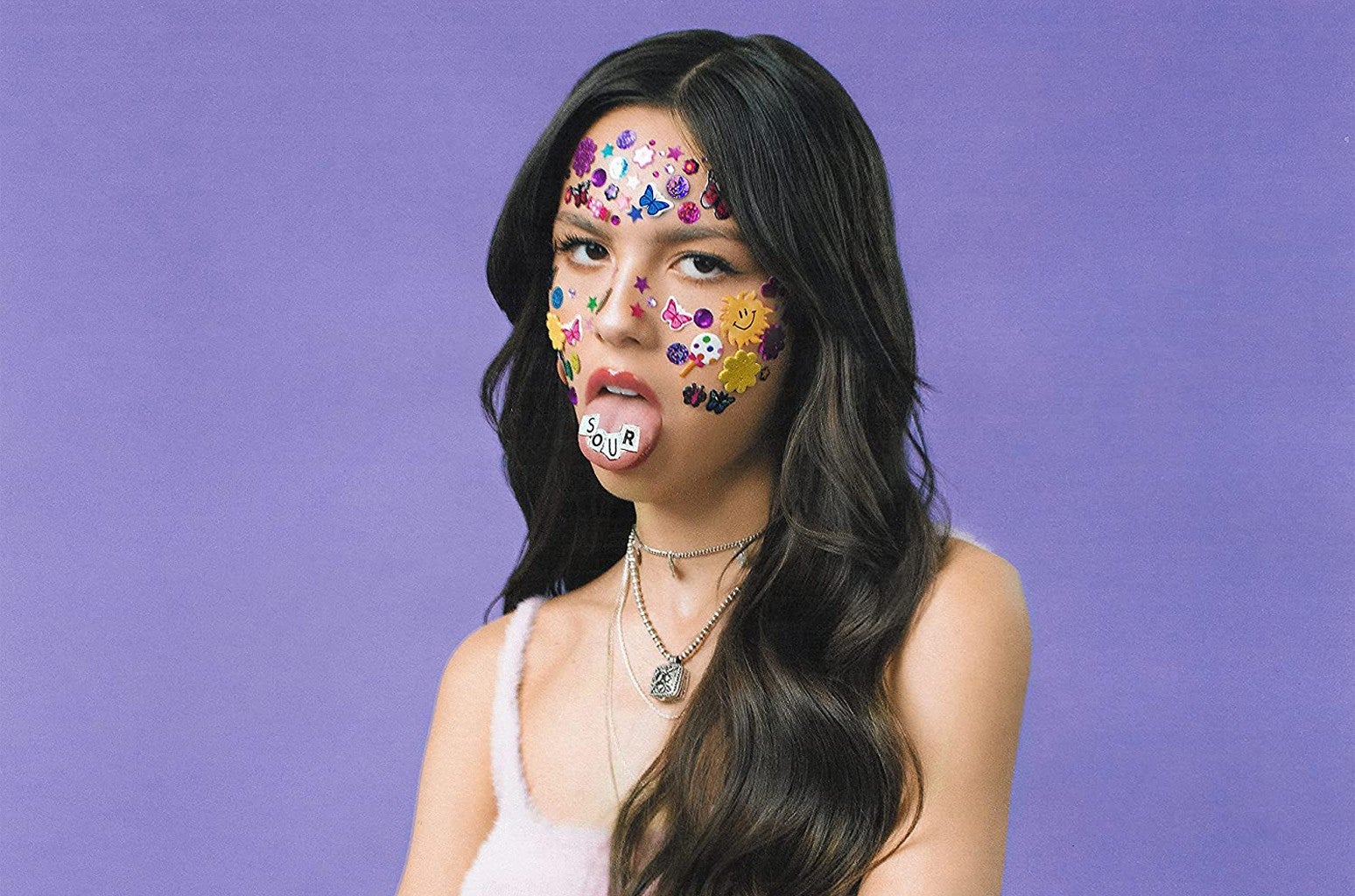The music industry still has a problem with losing interest in female musicians as they get older. As someone who has always dreamed of being a singer, I often wonder when my time is going to be up. By the time I make a name for myself, will I be too old for a potential audience to care? Taylor Swift has been aware of this issue for a long time. She talks about it in her 2012 song “The Lucky One,” where she writes about a young singer becoming jaded, pointing out near the end of the song that “all the young things line up to take your place.” She goes even deeper into this phenomenon in her vault track from the same album (titled “Nothing New”).
I know someday I’m gonna meet her, it’s a fever dream / The kind of radiance you only have at 17 / She’ll know the way, and then she’ll say she got the map from me / I’ll say I’m happy for her, then I’ll cry myself to sleep
In her 2020 documentary, Taylor explains, “It’s a lot to process because we do exist in this society where women in entertainment are discarded in an elephant graveyard at 35. Everyone is a shiny new toy for like two years. The female artists have reinvented themselves 20 times more than the male artists. They have to or else you’re out of a job. Constantly having to reinvent, constantly finding new facets of yourself that people find to be shiny.” The use of the term “elephant graveyard” is telling in its own right. Described in folk legends as a place where old elephants instinctively lead themselves when they’re close to death, the term suggests that the short-lived nature of a music career is something that women like Taylor have to accept early on as a simple reality of their career.
Taylor found ways to deal with these less-than-ideal conditions in the industry, though. Maybe starting with the 2012 release of Red, she popularized the concept of “eras.” During the release period of each new album, she reinvents her aesthetic, often from the way that she does her hair to the colors and makeup that she wears to the style of photos that she posts. What some people may not realize is that this habit, at least in the beginning, was born out of necessity. Almost like a loophole around the constant demand for fresh, young, undiscovered female personas, Taylor’s eras were able to keep the music industry and its consumers from getting so easily bored of her. Even today, Taylor is aware that she’s outlasted some of her peers in a misogynistic industry. In her November appearance on Jimmy Fallon, she says with a lighthearted smile, “It’s like, you know, I’m 32. So, we’re considered geriatric pop stars. They start trying to put us out to pasture at age 25. I’m just happy to be here.”
Ask me why so many fade, but I’m still here!
Taylor in her song “Karma”
Taylor’s Eras Tour has brought in more money and consumers than anything of hers that came before. With Taylor’s sustained success, she’s leading the way for new generations of women who might hope to have a career in music for decades instead of just until they turn 25 or 30. As new artists who might have been discarded in the past as “old news” gain popularity, times are changing. Artists like Lizzo have risen to popularity in their thirties.
As a lasting relic of old times, though, artists are often still held to the same standards of reinvention that their male counterparts never were. Part of the next generation of artists, Olivia Rodrigo always had some extra appeal from how young she was when she rose to fame. Only 17 when her song “drivers license” blew up, Olivia was hailed as a child prodigy. In her recent song “teenage dream,” Olivia is candid about her own fears about getting older. With praises so often founded on how young she is to have these songwriting skills, she wonders what will happen when there’s no novelty left in her youth.
In June of this year, the cover art for Olivia’s sophomore album, “Guts” was released. The cover immediately had mixed reactions. Fan reception went from excitement to praise to even disappointment or outrage. The most common criticism around it was that it felt too similar to her previous cover of Sour. The underlying expectation seemed to be that Olivia should have her own version of “eras,” and that she should be held to this same standard of constant reinvention. What audiences should realize, though, is that this concept of eras was just the workaround in a sexist industry. It shouldn’t be a requirement.
Ed Sheeran used math symbols over a fairly simple background for 3 of his album covers and arguably faced much less outrage over it. And why should he? All we need to do as consumers is keep the same energy for a female artist. One day, I hope that female artists, young and old, will be allowed to do whatever they feel is authentic to them instead of being under constant pressure to switch up their identity and public persona. Just like her male counterpart, one day, I hope that a female musician will be allowed to just “be.”





